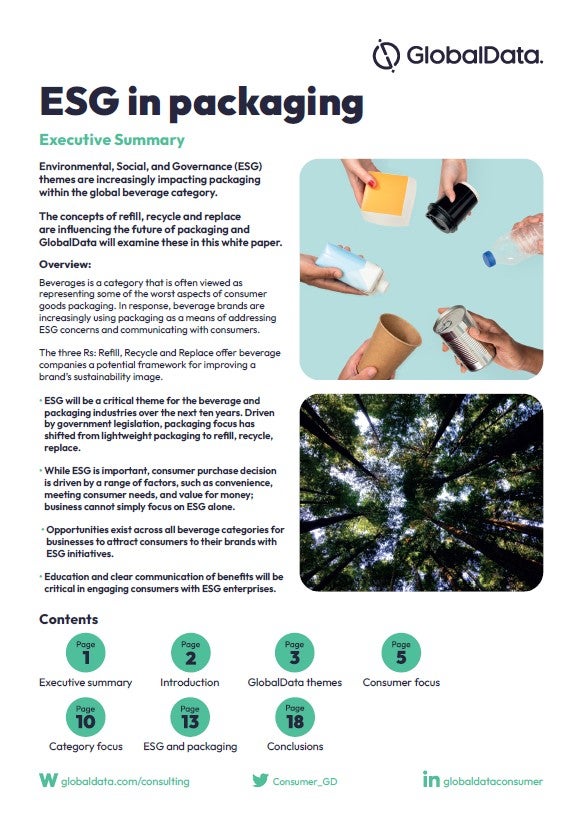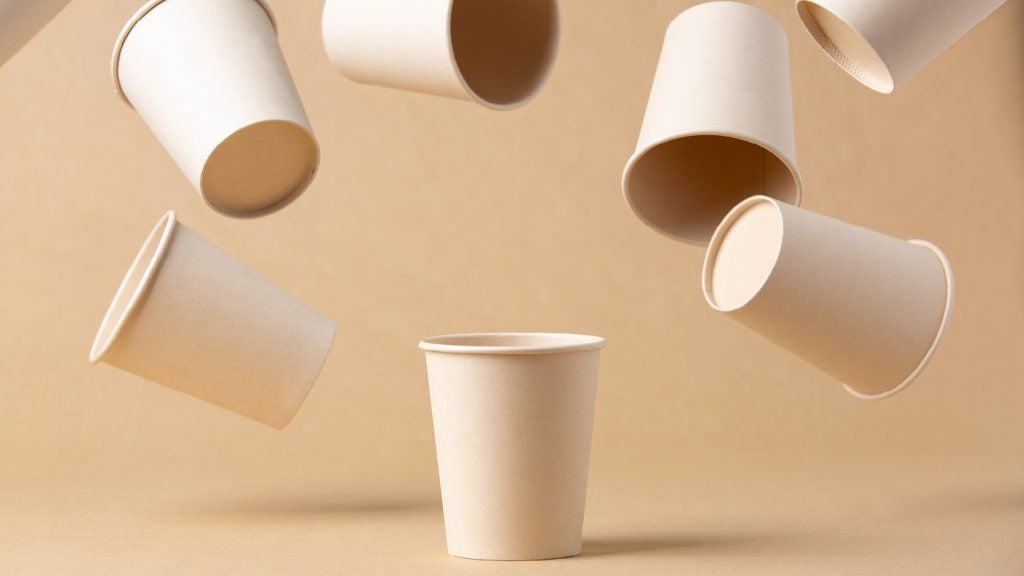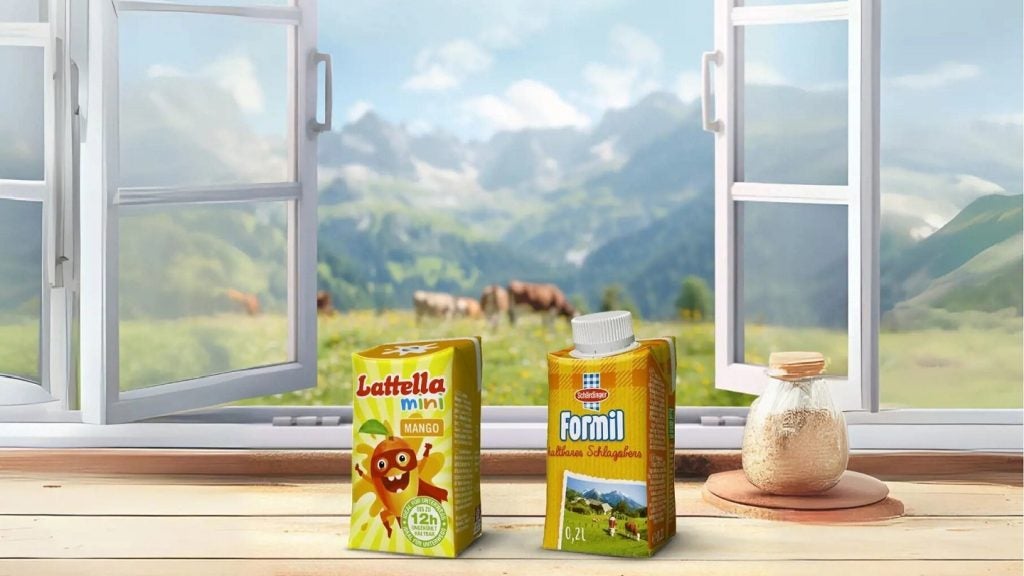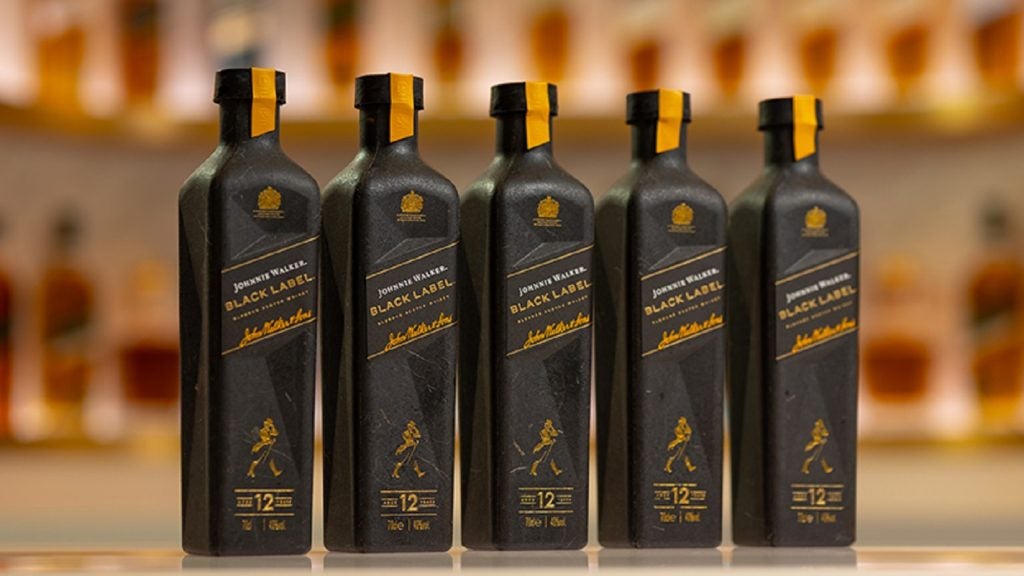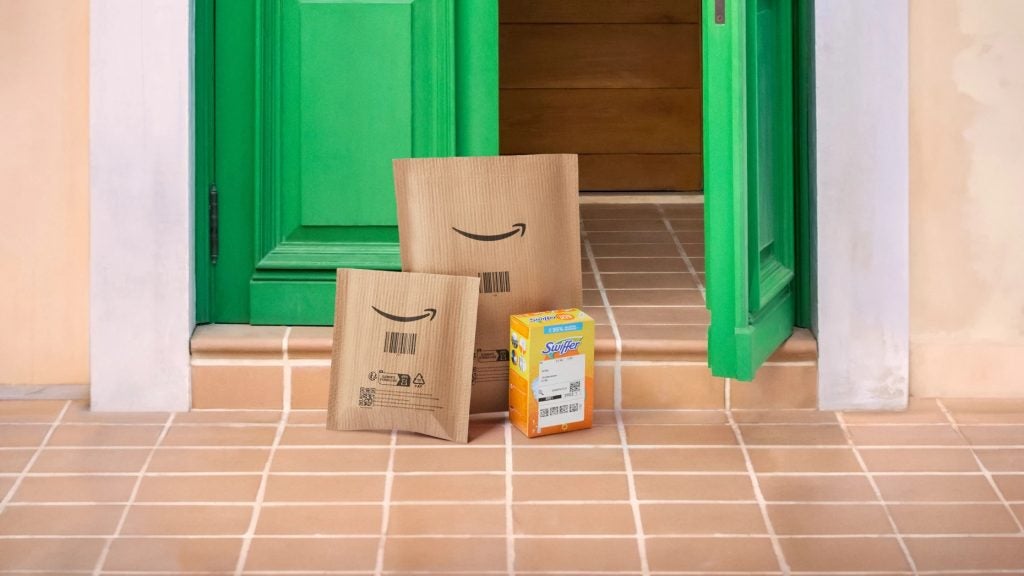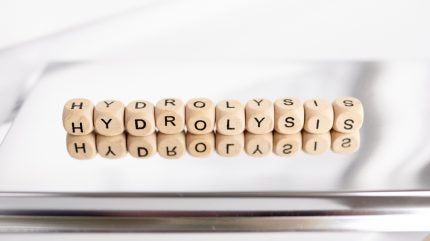
According to a new meta-study report commissioned by Holland Bioplastics on the hydrolysis process and polylactic acid (PLA), the biobased polymer does not produce persistent microplastics.
PLA is a biopolymer made entirely from fermented plant sugars and widely used in packaging products.
How well do you really know your competitors?
Access the most comprehensive Company Profiles on the market, powered by GlobalData. Save hours of research. Gain competitive edge.

Thank you!
Your download email will arrive shortly
Not ready to buy yet? Download a free sample
We are confident about the unique quality of our Company Profiles. However, we want you to make the most beneficial decision for your business, so we offer a free sample that you can download by submitting the below form
By GlobalDataHydrolysis is an abiotic [not associated with or derived from living organisms] process that occurs in the presence of moisture or humidity.
Unlike non-biodegradable polymers such as HDPE (high-density polyethylene), which persist and permanently accumulate as nano or microplastics in the environment, PLA was shown to hydrolyse into molecules of ever-smaller size, becoming soluble in water and eventually biodegrading fully.
The report’s findings were drawn from an initial scan of more than 30,000 reports undertaken by research laboratory HYDRA Marine Sciences.
Neat PLA and its oligomers are widely recognised as non-toxic substances. Lactic acid, the monomer building block of PLA, is classified “Generally Recognized as Safe” by the US Food and Drug Administration (FDA) and the European Union (EU). Many PLA grades comply with long-standing global legislation for food contact packaging requirements in the US and EU.
Holland Bioplastics board member Erwin Vink explained: “As we grow access to waste infrastructure globally, these findings confirm that if PLA is leaked into the environment, it will not have the long-term impact as a microplastic that we know occurs with non-biodegradable polymers.”
HYDRA Marine Sciences managing director Christian Lott continued: “We must be aware that PLA does not belong in the environment. It is critical that we do not use these attributes to encourage littering or slow the development of global waste infrastructure.
“Degradation of any material must be balanced with accumulation, or how much material is entering the environment, in order to reduce harm.”


